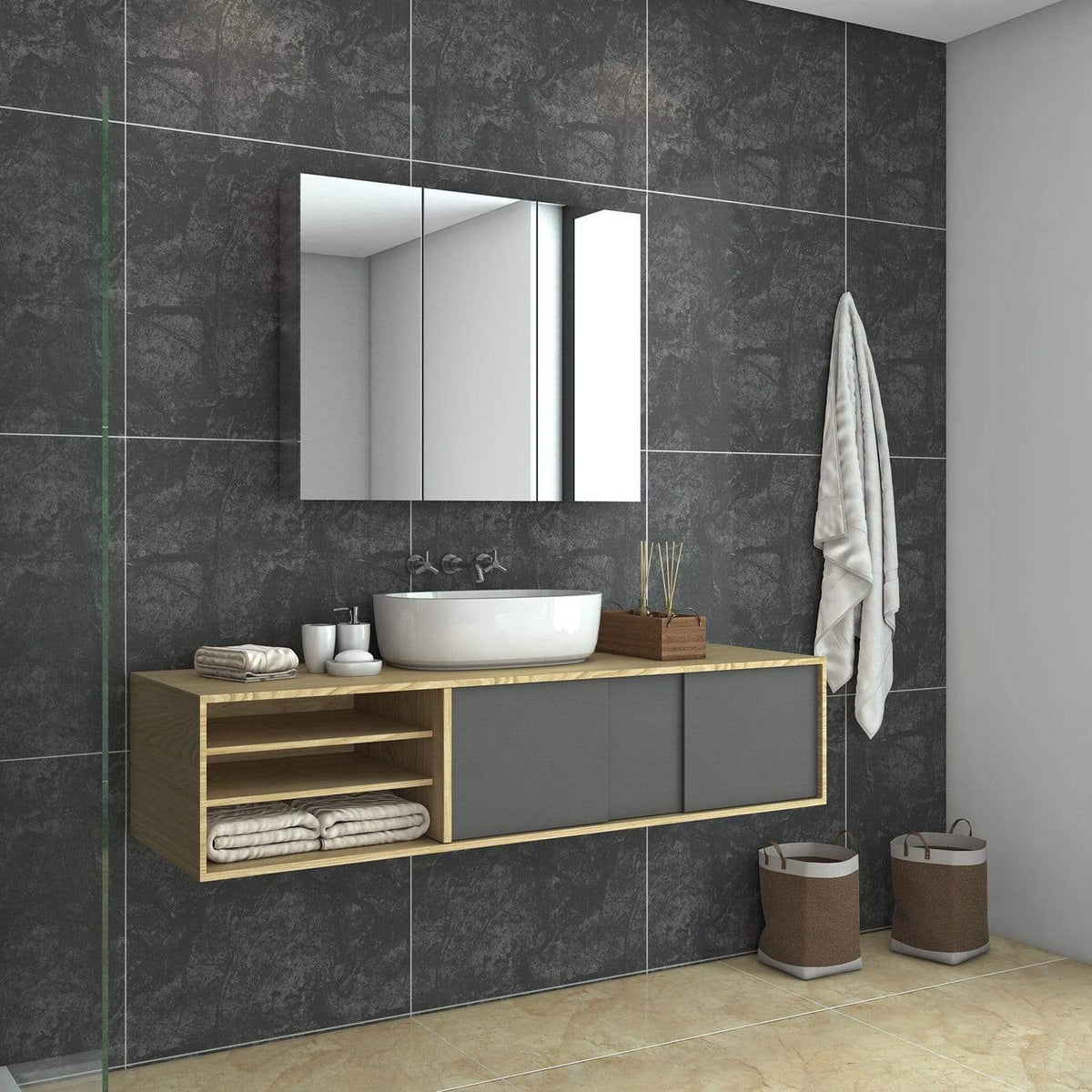Shaving cabinets have come a long way from being simple storage units in bathrooms to becoming smart solutions that cater to the diverse needs of modern consumers. The evolution of shaving cabinets has been a fascinating journey, marked by technological advancements, innovative designs, and a deep understanding of user preferences.

The Early Days of Shaving Cabinets
In the early days, shaving cabinets were primarily designed to provide basic storage for shaving essentials such as razors, shaving creams, and aftershave lotions. These cabinets were usually mounted above the bathroom sink and had a simple mirrored door. While they served the purpose of storage, their design and functionality were limited.
The Transformation of Shaving Cabinets
As the demand for more functional and aesthetically pleasing shaving cabinets grew, manufacturers began to innovate and transform the traditional cabinets. The evolution of shaving cabinets saw the introduction of features such as adjustable shelving, integrated lighting, and anti-fog mirrors. These advancements not only enhanced the functionality of the cabinets but also added a touch of sophistication to bathroom spaces.
The Rise of Smart Shaving Cabinets
With the advent of smart technology, shaving cabinets underwent a revolutionary transformation. Smart shaving cabinets are equipped with features such as Bluetooth connectivity, built-in speakers, LED temperature displays, and even integrated charging ports for electric shavers and toothbrushes. These intelligent cabinets not only provide ample storage but also offer entertainment and convenience, making the daily grooming routine a more enjoyable experience.
The Future of Shaving Cabinets
Looking ahead, the future of shaving cabinets is poised to be even more exciting. With the rapid advancement of technology, we can expect to see shaving cabinets integrated with voice-activated assistants, personalized grooming settings, and even augmented reality mirrors that simulate different grooming styles. The focus will be on creating a seamless and personalized grooming experience that caters to the individual needs and preferences of users.
In conclusion, the evolution of shaving cabinets from basic storage to smart solutions has been a remarkable journey, driven by innovation and a deep understanding of consumer needs. As technology continues to advance, we can anticipate even more sophisticated and personalized shaving cabinets that redefine the grooming experience.








